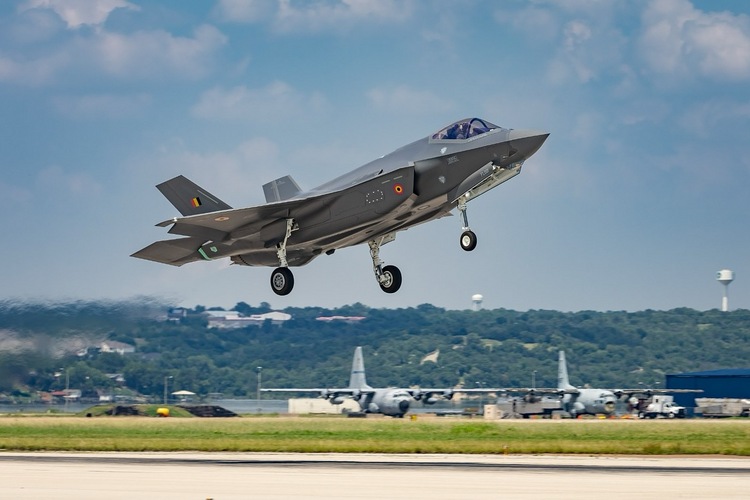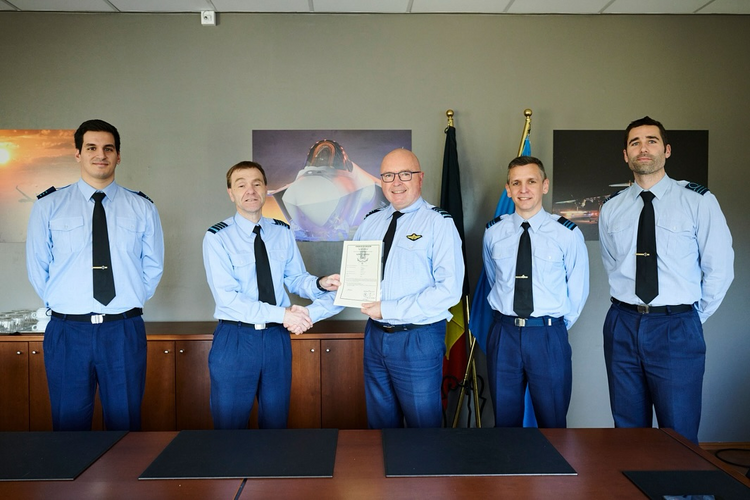You're probably far more of an expert on this than I am, but I distinctly remember reading articles about the disadvantages of using jet fuel for cooling/hydraulics. For example, the F-35 afaik requires a higher grade of fuel than other jets do, owning to the fact that regular jet fuel can gum up the cooling/hydraulics, complicating logistics. And at the end of the day, due to fuel being used for other purposes, a certain fuel fraction is not usable anyways, so I don't see any practical difference between having dedicated cooling and hydraulic fluid.
And I wouldn't be surprised, that due to these additional use cases, the fuel requires additives just like the gas in my lawnmower

.
The SR-71 example might be an outlier as that was a low-numbers exotic airplane (running on special fuel no less), not meant to be a main workhorse.
You've made an interesting point about the SR-71 dumping the heated up coolant into the engine, is there any indication that the F-35 does that?
Ainen, interesting point about the Russians going for electric actuators, from what was written about the F-35, they haven't worked out that well, mainly due to the increased cooling requirements, hydraulic lines had to be replaced with cooling lines, gaining very little from the process, and the actuators still suffering from heat buildup restricting the time the aircraft can perform demanding manuevers.
















